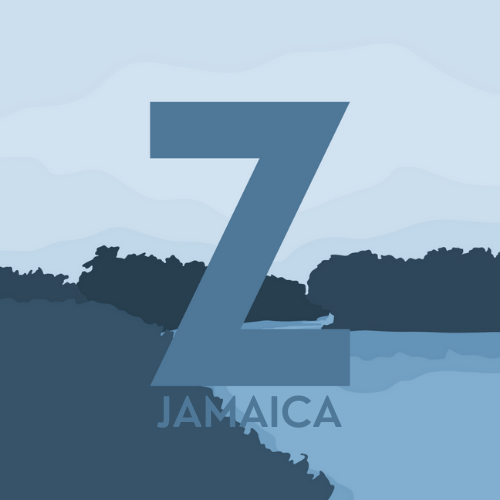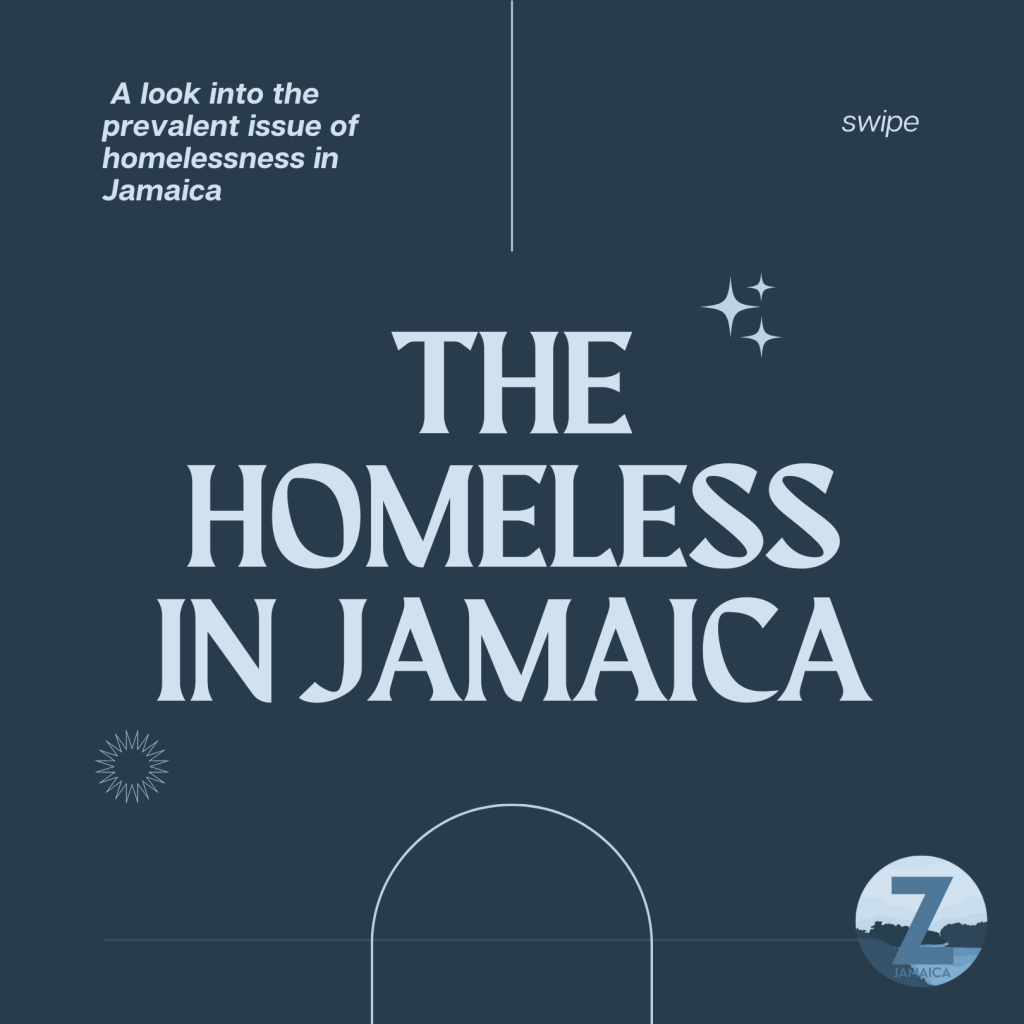by Jahnaya Anderson | February 16, 2022
A look into the prevalent issue of homelessness in Jamaica
Homelessness in Perspective
At almost every public stoplight, bus park and shopping centre, a homeless person can be seen in Jamaica. It is estimated that roughly some 3,000 people in Jamaica are living on the streets, with around 700 of them in Greater Kingston and Kingston’s downtown region accounting for about 500 of them. The issue of homelessness has been prevalent in Jamaica for years, with Hurricane Gilbert (1998) contributing significantly to this. The National Committee on Homelessness stated that the aftermath of the hurricane has contributed to the homelessness entrenched in Jamaica as 500,000 people were left homeless after the tropical storm.
Common starting points for homelessness are natural disasters, unemployment and mental health issues. In teenagers, those who are expecting/parenting, a part of the LGBTQ+, disabled or those who left home after years of physical and sexual abuse are all vulnerable to homelessness. Homeless persons are more susceptible to diseases due to lack of access to health care and often have chronic illnesses, made worse by tough living conditions.
Stigma Towards the Homeless
How many times have you said/heard someone call a homeless person a ‘mad man’ or ‘mad woman’? Persons living on the street are automatically perceived as being mentally disabled due to their circumstances and are shunned. Jamaicans often forget that you can become homeless in the blink of an eye and stay homeless until you die and this is evident in the way homeless people are treated.
Persons living on the street are the most vulnerable to vile treatment, abuse and violence. They already have life hard enough with going day to day without proper meals, a place to rest or medication, so why treat them so poorly? The homeless have been treated so inhumanely in Jamaica in the past. They are set on fire, given rotten meat and food that is barely edible, as if they are animals and taken advantage of sexually and physically because they cannot afford not to be. Even in January of this year, four homeless men were chopped to death in Kingston. This has to stop.
Meet ‘Macky’:
She is 29 years old and has been homeless for around 5 years due to domestic abuse in her past which has left her damaged and poor. Currently situated in downtown Kingston, she mentions that she is often mistaken for being a sex worker or being mentally ill and was once spat on by a passerby when asking for money. She notes that because of her living conditions over the past 5 years and the effects of the abuse, she can barely walk. She grew up in a children’s home until age 18 and then lived with an older man, who became her abuser, and now, subsequently, she is alone. “Dem say mi fi go look work and stop beg. Tru dem nuh understand man” she says. Put yourself in Macky’s shoes.
Provisions for Combatting Homelessness
Not only is providing the homeless with housing and basic needs beneficial for them, but it also helps in addressing unemployment, addiction and mental illness which the homeless face daily, therefore it is important for things to be put in place to help tackle this. Some incentives in Jamaica that are established to help the homeless are:
- Drop-in centres. Drop-In Centres are the first point of contact for homeless persons. These are places where persons on the street can receive food, clothing, hygiene care and medical assessment. There are currently 11 drop-in centres islandwide and individuals can simply walk in to access services.
- Night Shelters. As the name suggests, night shelters are buildings where the homeless can get a place to rest at night. There are two official night shelters which are located in Kingston – the Marie Atkins Night Shelter and the Church Street Shelter which operate between 6:00 p.m. to around 7:00 a.m.
- Transitional Facilities. Unlike shelters, transitional facilities are more of a long-term service and are private. They are a 24-hour operation that houses individuals for up to 2 years and offers assistance to the homeless for reintegration into society. Persons are admitted after they have met the requirements of the Poor Relief Department. There are currently 6 transitional facilities located in Kingston, Portland, St. James, Westmoreland and Manchester.
Earlier this year Desmond McKenzie, Minister of Local Government and Rural Development, mentioned that just like the newly built homeless shelter in Trelawny, in the next couple of years similar facilities will be built across the country.
Organizations that offer help to the homeless:
- ‘Open Arms Drop-In Centre’ and ‘Good Samaritan Inn’ in Kingston
- ‘Candle in the Dark’ in Mandeville
- ‘Food For The Poor’ in Spanish Town
- ‘Mustard Seed Communities Jacob’s Ladder’ in Walkers Wood
- ‘Open Heart Charitable Mission’ and ‘St James Parish Council Care Centre’ in Montego Bay


Leave a comment